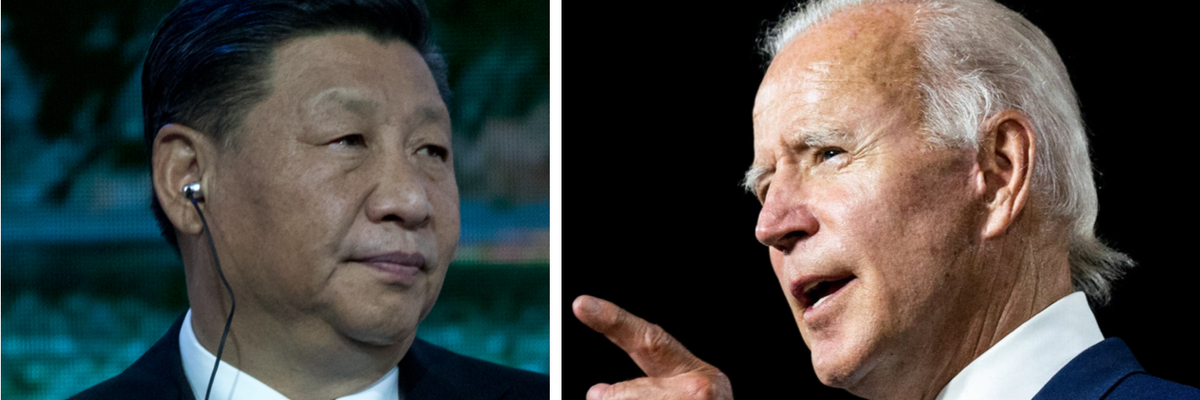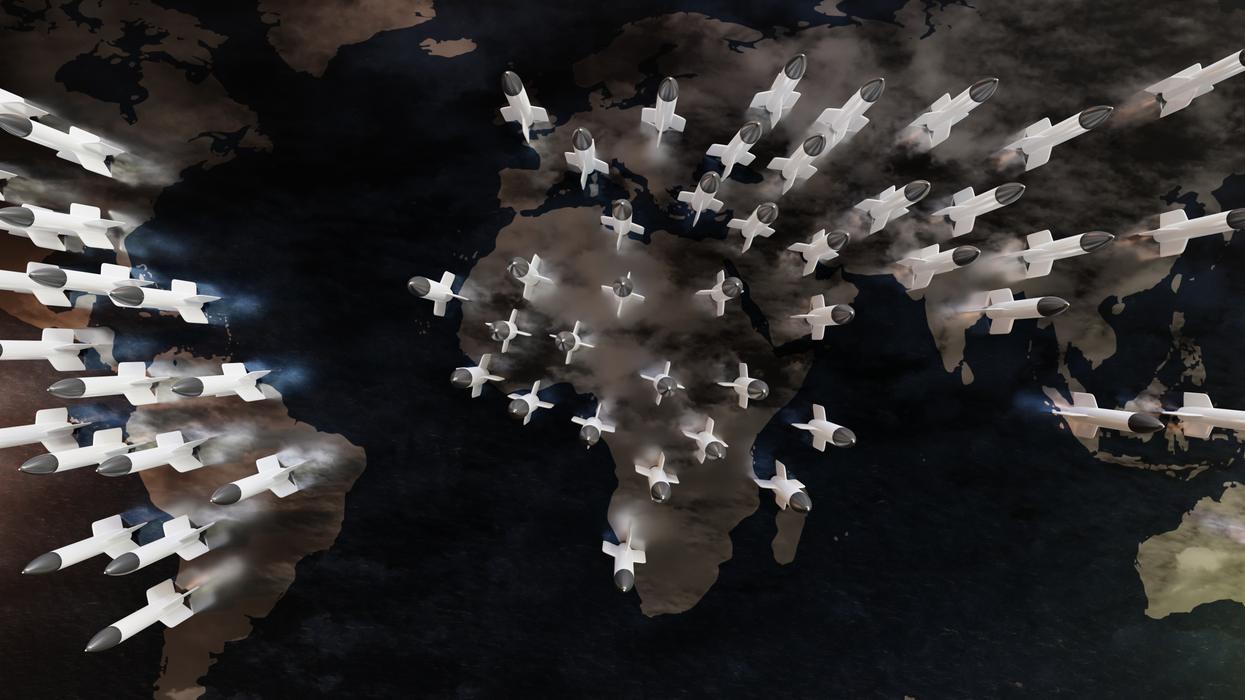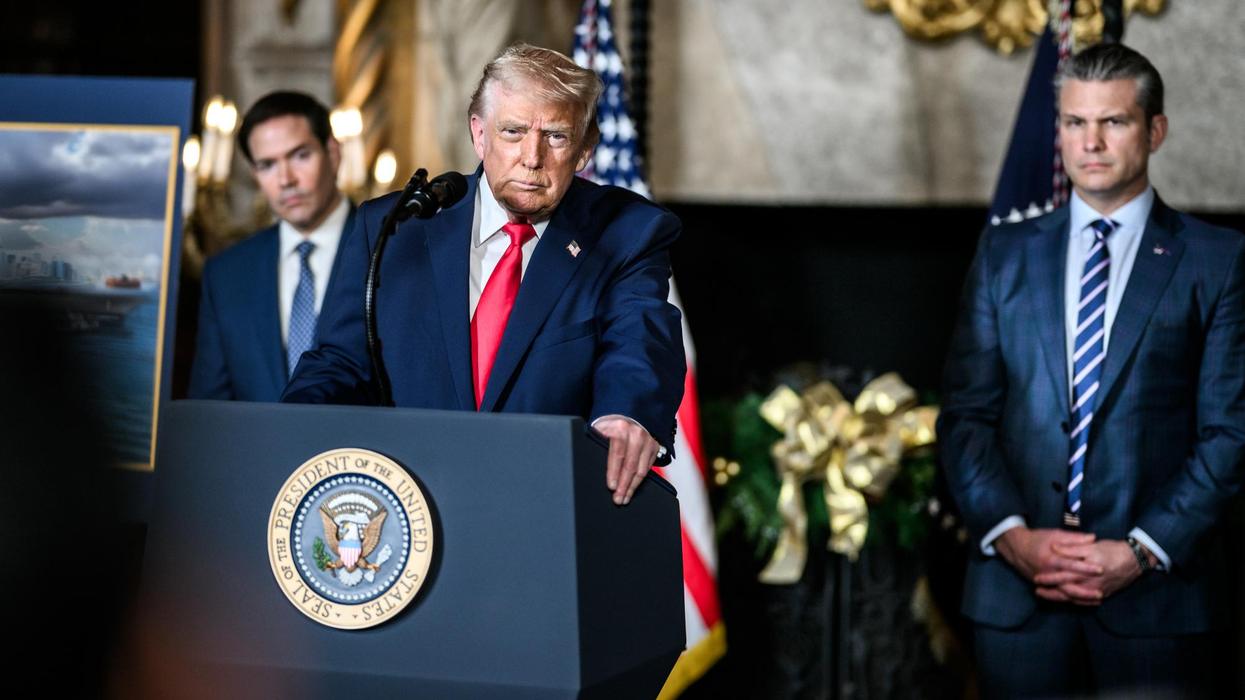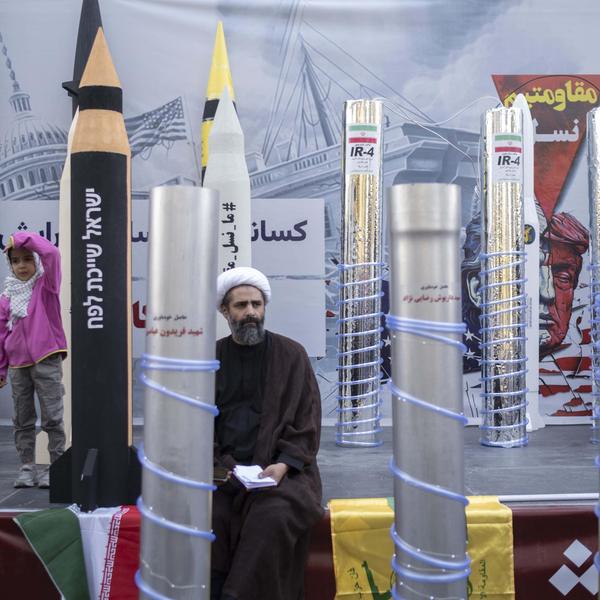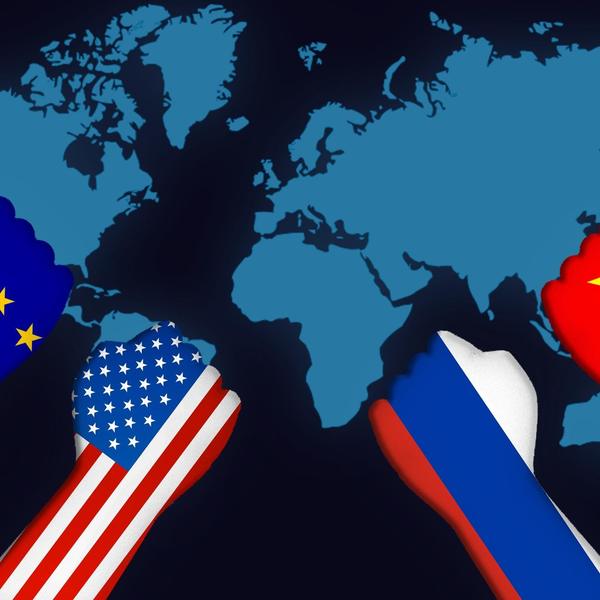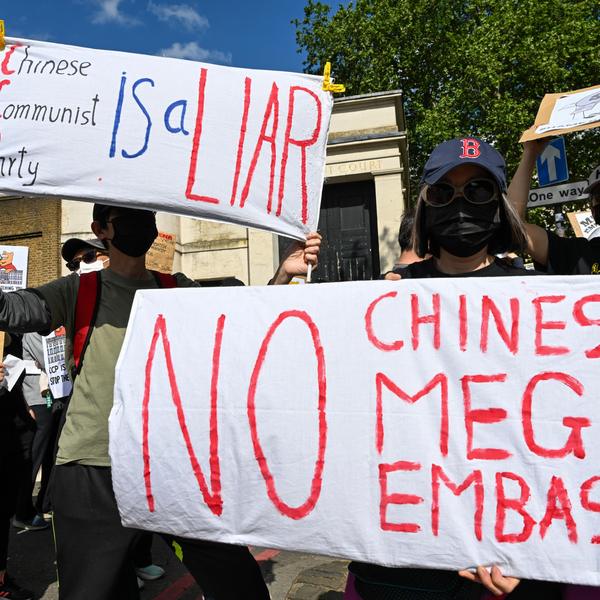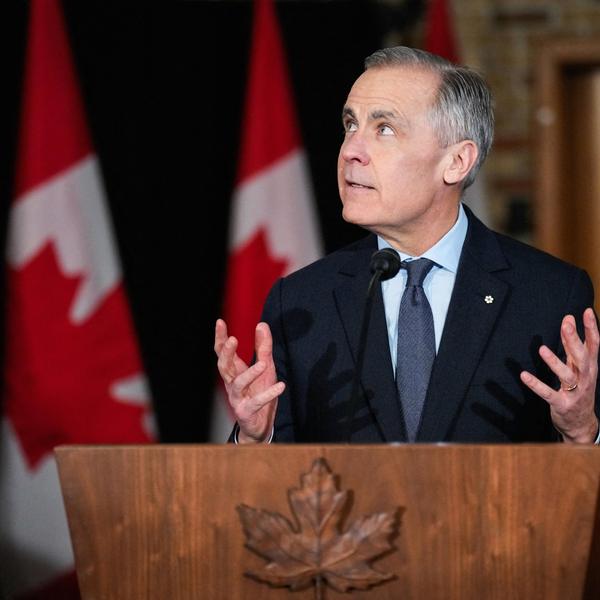President Joe Biden and Chinese leader Xi Jinping are expected to meet next month for a summit in San Francisco. The anticipated sit-down comes amid a renewed White House push to stabilize relations with Beijing as the U.S. juggles crises in the Middle East, Europe, and the Asia Pacific region.
Though the face-to-face meeting has not yet been formalized, U.S. officials are projecting confidence that a Biden-Xi summit has been agreed to in principle. It’s “pretty firm” that there will be a meeting, an official told the Washington Post, adding that details pertaining to the summit have yet to be ironed out by the two sides.
The planned Biden-Xi summit comes on the heels of a bipartisan Senate delegation to China that kicked off in Shanghai last week. The delegation’s leader, Senator Chuck Schumer, presented a list of grievances in a press conference on Monday, including longstanding U.S. concerns over “unfair” Chinese trade practices, deadly fentanyl inflows into the U.S., and China’s close relationship with Russia.
The delegation does not appear to have yielded any substantive points of agreement, possibly presaging the course of the upcoming Biden-Xi talks. Schumer expressed disappointment to Xi that China did not condemn the Hamas attacks against Israel on stronger terms. The Chinese Foreign Affairs Ministry released a statement denouncing "all violence and attacks on civilians" later that day, earning Schumer’s praise. “I’m gratified the Foreign Ministry issued a new statement that did condemn the loss of civilian life,” he said.
Yet the new Foreign Ministry statement neither explicitly named Hamas nor blamed it for the attacks. The only statement to that effect came from the Chinese embassy in Israel, reflecting a tactical decision to allay specific audiences rather than an overall shift in messaging.
Criticisms over the tone struck by Chinese officials belie a wider and more serious divergence on the Israel conflict: China, like many major non-Western players including Turkey, Russia, and Saudi Arabia along with much of the Middle East, has not echoed the shared western position of “steadfast and united support” for Israel accompanied by “unequivocal condemnation of Hamas and its appalling acts of terrorism.”
Indeed, Beijing is unlikely to take any actions that could diminish its posture as a potential broker between the Israel and Palestine. "China is trying to take a position of greater neutrality than the United States and to be seen in the world as a more neutral, or honest broker, and not necessarily aligned with Israel as the United States. And I think that's consistent with a desire to gain influence in a lot of the developing world,” Benjamin Friedman, policy director at Defense Priorities, told VOA Mandarin.
The upcoming summit appears aimed less at finding venues for cooperation and more at setting the tone for the mounting global competition between the world’s two largest economies. The Biden administration is expected to roll out updated export controls intended to further tighten the screws on China’s access to semiconductor equipment as early as next week, Axios reported on Saturday.
The White House, in keeping with its efforts to establish a model of consistent and predictable competition with Beijing, has warned Chinese officials to expect the new control measures in October. Implementing the updated controls on the one-year anniversary of the original export restrictions, introduced in October 2022, establishes a “clear cadence,” an official told Reuters.
Beijing has denounced the export controls as a cynical ploy to hobble China’s economic growth. “China firmly opposes the U.S.’s overstretching of the national security concept and abuse of export control measures to wantonly hobble Chinese enterprises,” said the Chinese embassy in Washington.
China has responded by signaling its intention to grow its semiconductor business in the face of mounting U.S. restrictions, with Chinese tech giant Huawei unveiling a smartphone powered by an advanced, domestically produced 7-nanometer chip during Commerce Secretary Gina Raimondo’s visit to the country.
Yet the Chip War is only one instance in a slew of bilateral disputes that are unlikely to be ameliorated by the Biden-Xi summit. China has staked out a persistently neutral position on the 2022 invasion of Ukraine, bolstering its trade ties and other venues for cooperation with Moscow much to the continued frustration of U.S. policymakers.
“Deepening Russian-Chinese cooperation against the United States is not the product of ideological affinity; it is their shared perception that Washington has been attempting to subvert their security, perhaps fatally,” said George Beebe, Quincy Institute’s Director of Grand Strategy. “The United States is in no position to drive a wedge between the two states, but it can and should refrain from gratuitously driving them together to our detriment.”
There are even fewer prospects for a meeting of minds regarding Taiwan, with the diplomatic framework in place since the 1970’s for managing differences over the self-governing island — particularly the key concepts of strategic ambiguity and agreeing to disagree on how best to resolve Taiwan’s status — all but dashed against the rocks.
To be sure, there is a substantive policy basis for the kind of stabilization sought by the White House. China, faced with serious demographic challenges and anemic growth, is interested in at least partial economic rapprochement with Washington. The Biden administration, for its part, wants to restore the channels for military communication that were severed by Beijing following former House Speaker Nancy Pelosi’s visit to Taiwan, dial down military tensions in the Asia-Pacific, and to work with China on implementing its climate change agenda.
There is room for targeted cooperation on these areas that, though well short of the reset or thaw in relations previously envisioned by Biden, could advance the administration’s goal of upgrading China-U.S. ties from their present state of spiraling hostilities to a sustainable model of managed competition. But that requires a degree of goodwill and flexibility that, so far, has been lacking in the bilateral relationship.
As with the uneventful senate delegation to China, the Biden-Xi summit will surely provide a stage for both leaders to relitigate established concerns and restate the same positions; achieving anything else will be an uphill climb.
- The Biden-Xi phone call was a missed opportunity ›
- Senate delegation throws new twist into US-China ties ›
- Biden-Xi phone call doesn’t go far enough | Responsible Statecraft ›

